Optimizing RFID Reader Module Placement: Expert Tips for Peak Performance
610Struggling with RFID read errors? Learn how to position RFID reader modules for maximum coverage, accuracy, and efficiency in warehouses and retail spaces.
MoreAll RFID Product
When I first started working with RFID in factories, I thought it would be simple: tag the items, scan them, and the system tracks everything. Turns out, it’s rarely that straightforward. Metal shelves, liquid containers, and busy workflows can all interfere with signal readings. I remember one plant where tags on certain parts just wouldn’t read unless held at exactly the right angle—employees had to jiggle them around a bit, which looked awkward but got the job done.
At its core, an RFID system is simple: you have tags, readers, and a backend controller. The tags store information, the readers pick it up, and the backend logs and processes everything. But in practice, you learn fast that “simple” isn’t simple at all.
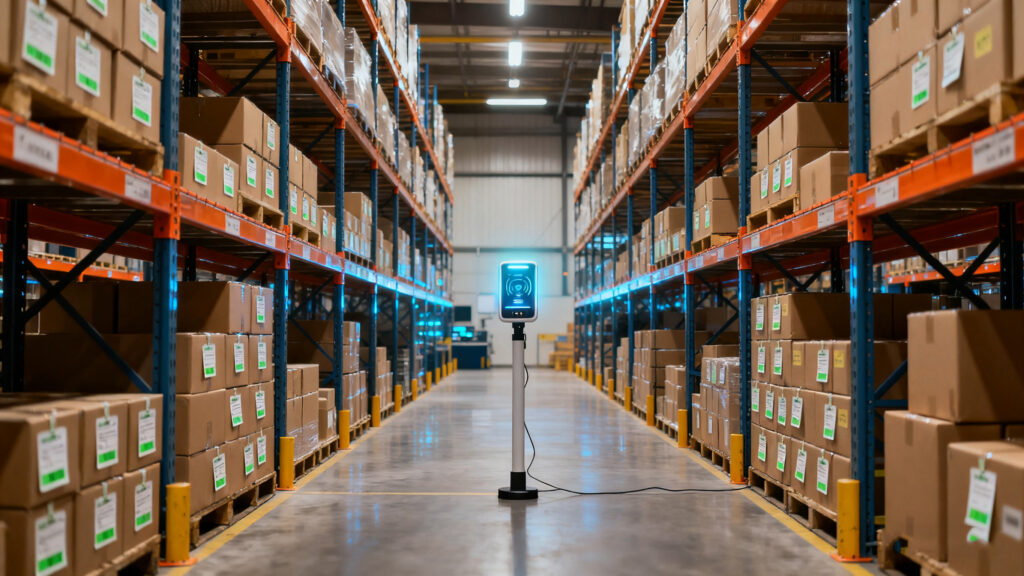
Inventory management is where RFID really shines. I’ve seen factories that previously lost track of components, only to discover missing batches weeks later. Once RFID was implemented, managers could see exactly where each part was. Not perfectly—tags sometimes fail, and readers misread—but it drastically reduced errors.
One tip I’ve learned: always check tag placement and reader alignment. A millimeter off can make a difference, and in large warehouses, small inefficiencies multiply fast.
RFID can also track work-in-progress. On the production floor, we tagged assemblies, and suddenly we could see bottlenecks that were invisible before. Some lines slowed down not because of technical issues, but because employees hesitated when scanners were finicky. Moving a reader a few inches solved that.
It’s a reminder that human behavior matters. Technology is powerful, but people interact with it in unpredictable ways. Watching the workflow in real time is just as important as installing the system.
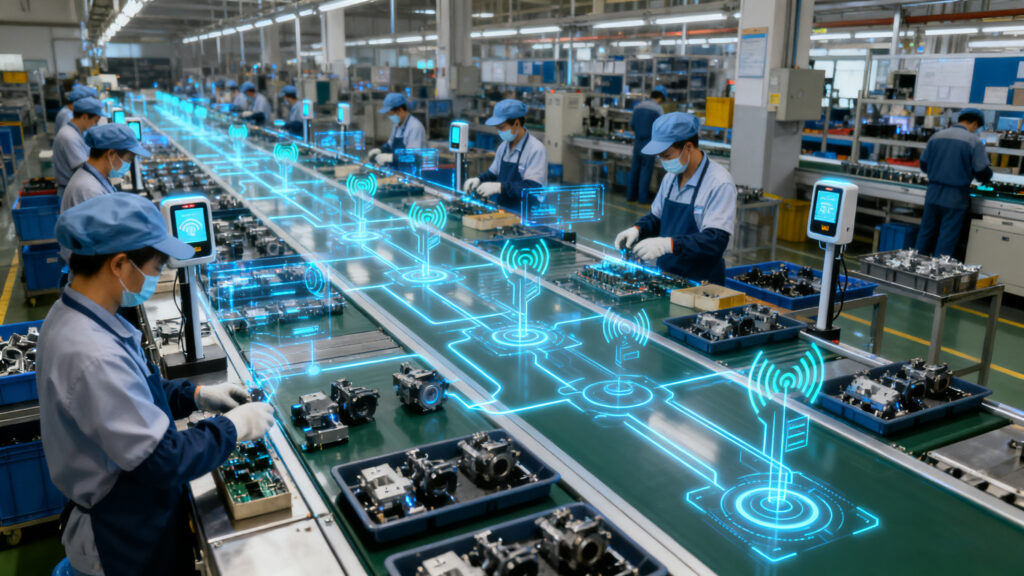
Tracking products through the supply chain becomes much easier. Raw materials, components, finished goods—everything can be logged digitally. We caught a shipment mistake in one factory simply because the RFID system flagged a box in the wrong location. Without it, we would have noticed only after delivery, which would have caused delays and complaints.
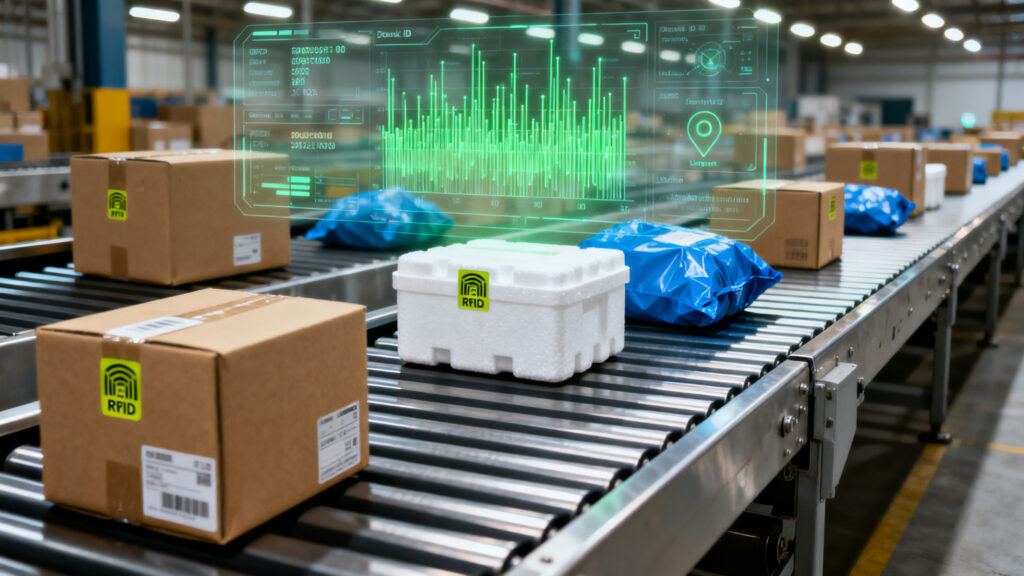
Even so, RFID doesn’t remove the need for human checks entirely. Sometimes systems glitch, and someone has to step in.
One of the biggest advantages I’ve seen is in quality control. Tags on components allow you to trace production and inspection history. When a defect pops up, you can quickly identify which batch is affected. In one plant, this saved hours of work because we could isolate only the problematic items instead of inspecting everything manually.
If there’s one thing I’ve learned, it’s this: RFID is 70% technology and 30% human behavior.
In short, RFID is a fantastic tool, but it works best when paired with careful planning, observation, and flexibility.
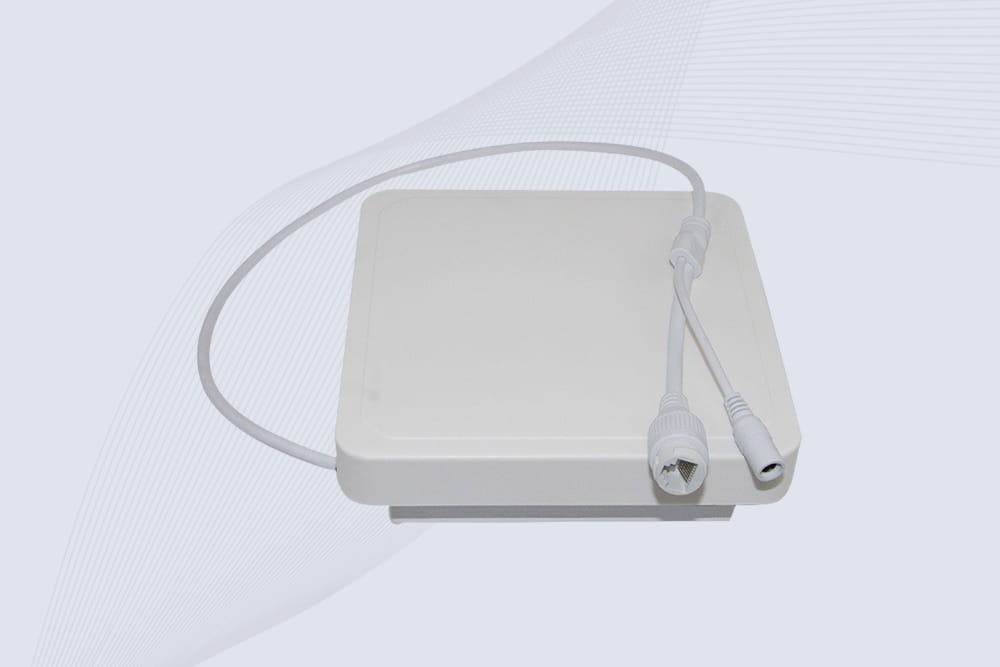
Cykeo’s industrial long range RFID reader delivers 20-meter scanning, 500+ tags/sec speed, and IP67 waterproof design for automated warehouses, logistics, and harsh environment applications.
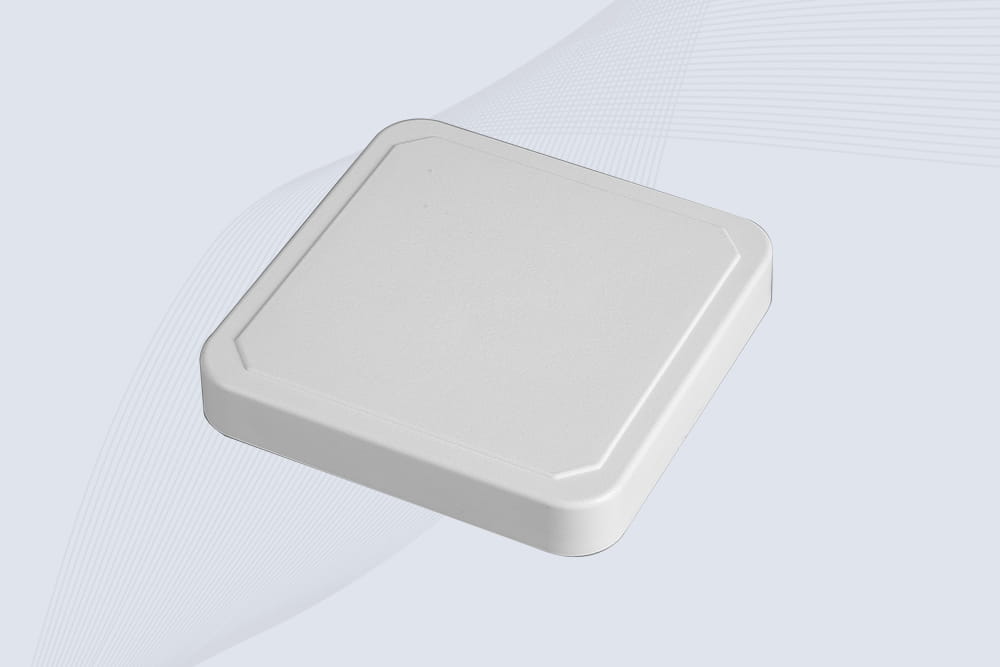
Cykeo’s CK-RA6L industrial RFID long range reader features 20m read distance, 500 tags/sec speed, and IP67 protection. Ideal for warehouse automation, manufacturing WIP tracking, and smart logistics. Supports ISO 18000-6C/6B protocols.
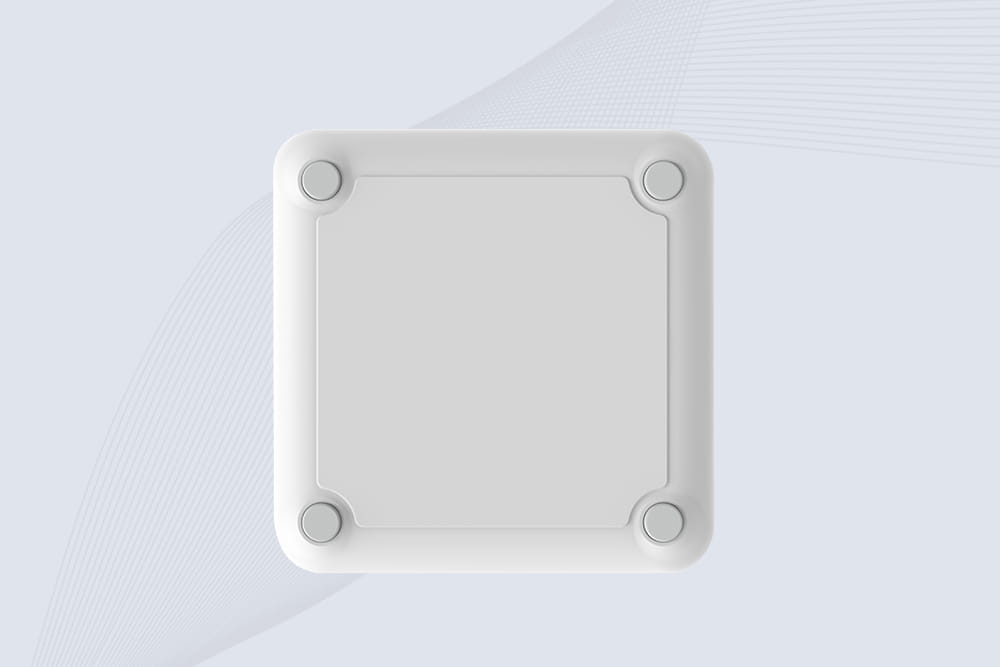
CYKEO Long Range RFID Tag Reader built for outdoor and industrial operations. This Outdoor RFID Reader delivers 20m read distance, fast tag processing, and IP67 durability for wide-area tracking.
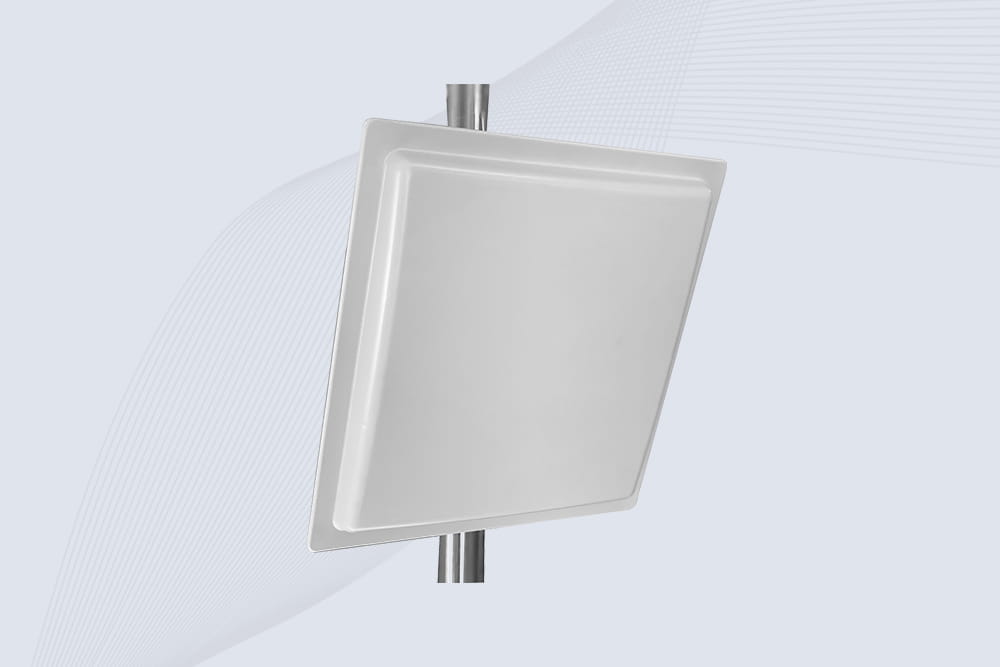
Cykeo CK-RA12L industrial Long Range RFID Reader delivers 20m read range, 200+ tags/sec scanning, and IP67 protection for manufacturing/logistics applications. Supports ISO 18000-6C/GB protocols.
Struggling with RFID read errors? Learn how to position RFID reader modules for maximum coverage, accuracy, and efficiency in warehouses and retail spaces.
MoreCompare RFID and barcode scanning technologies in warehouse, retail, logistics, and manufacturing. Discover their differences in efficiency, cost, and application suitability.
MoreRFID Check-In Check-Out System is becoming the preferred choice across industries for managing the movement of people and goods
MoreDiscover how handheld RFID readers optimize logistics tracking with mobile scanning, automated sorting, and cargo identification, enhancing supply chain visibility and operational efficiency.
More